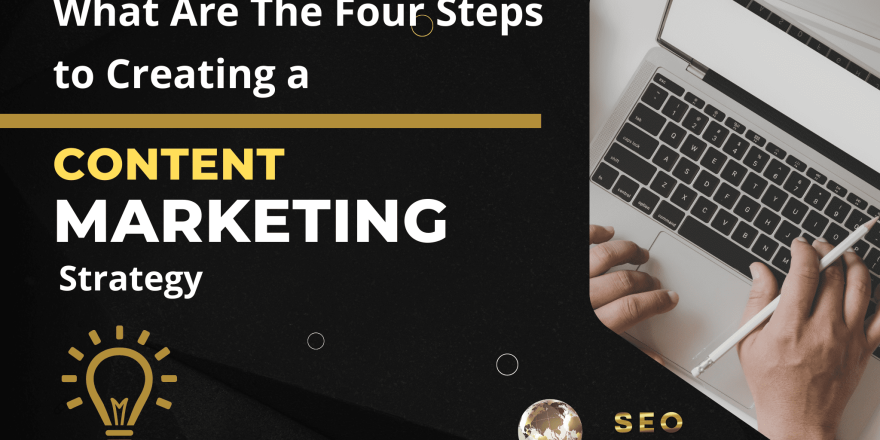Pay-Per-Click (PPC) advertising is a powerful digital marketing tool that can drive a steady stream of leads to your website. However, the success of a PPC campaign isn’t solely determined by the number of clicks it generates; it’s also about the quality of those leads and their conversion into customers. If you find that your PPC leads are not converting as expected, it’s essential to identify and address the underlying issues. In this article, we’ll explore five common reasons why your PPC leads might not be converting and provide insights on how to remedy them.
1. Irrelevant Keywords and Ad Copy
One of the most common reasons for low conversion rates in PPC campaigns is a misalignment between your chosen keywords, ad copy, and landing page content. If your ads appear for keywords that are not closely related to your products or services, you may attract clicks from users who have no genuine interest in what you offer. To address this issue:
• Keyword Optimization: Conduct thorough keyword research to identify highly relevant and targeted keywords. Utilize negative keywords to filter out irrelevant traffic.
• Ad Copy Alignment: Ensure that your ad copy accurately reflects the products or services you are promoting. Highlight unique selling points and provide a clear call to action (CTA) to encourage clicks from genuinely interested users.
• Landing Page Relevance: Make sure that the landing page your PPC traffic is directed to aligns perfectly with the ad’s message. A seamless transition from ad to landing page enhances the user experience and increases the likelihood of conversion.
2. Weak Landing Page Design and User Experience
Even if your ad copy and keywords are spot on, a poorly designed landing page can deter visitors from converting. Common issues that can negatively impact user experience and conversion rates include:
• Slow Loading Times: Visitors tend to abandon pages that take too long to load. Optimize your landing page for speed by compressing images and minimizing unnecessary scripts.
• Complex Navigation: Keep your landing page design simple and intuitive. Ensure that users can easily find the information they need and complete desired actions, such as filling out a form or making a purchase.
• Unclear Messaging: Your landing page should deliver a clear and compelling message about the value of your product or service. Avoid jargon and communicate the benefits concisely.
• Mobile Responsiveness: With the growing use of mobile devices, it’s crucial to have a responsive landing page that provides a seamless experience on smartphones and tablets.

3. Lack of Trust Signals
Online users are cautious when interacting with unfamiliar websites, and trust is a critical factor in their decision-making process. If your landing page lacks trust signals, such as customer reviews, testimonials, security badges, or a privacy policy, visitors may hesitate to take action. To build trust and boost conversions:
• Include Trust Badges: Display recognizable trust badges, such as SSL certificates or industry certifications, to assure visitors that their information is secure.
• Showcase Social Proof: Share positive reviews, ratings, and testimonials from satisfied customers. User-generated content can significantly influence conversion decisions.
• Privacy Assurance: Make it clear that you respect visitors’ privacy and provide links to your privacy policy and terms of service.
4. Poorly Designed Forms
If your PPC campaign aims to generate leads through form submissions, the design and placement of these forms can greatly impact conversion rates. Common form-related issues include:
• Lengthy Forms: Long, intimidating forms can discourage users from completing them. Simplify your forms by asking for only essential information.
• Non-Intuitive Fields: Use clear and concise labels for form fields, and provide helpful guidance if certain information is required.
• Hidden or Unobtrusive Forms: Ensure that your forms are prominently displayed on the page, and make the submission button stand out with a clear CTA.
• No Confirmation or Thank-You Page: After a user submits a form, redirect them to a confirmation or thank-you page that acknowledges their action and provides additional information or next steps.
5. Ineffective Ad Scheduling and Budget Management
Ad scheduling and budget management are crucial aspects of PPC campaigns. If your ads are not running at the right times or if you’re overspending on underperforming keywords, you might be wasting valuable resources. To optimize your PPC campaign:
• Analyze Data: Use analytics tools to identify peak conversion times and days of the week. Adjust your ad schedule to allocate more budget during these high-conversion periods.
• Budget Allocation: Review your PPC budget allocation across campaigns and keywords. Focus more budget on campaigns or keywords that consistently generate conversions, and reduce spending on those with poor performance.
• Keyword Performance: Regularly monitor keyword performance and adjust bids accordingly. Consider using automated bidding strategies to optimize your budget allocation.
• Ad Extensions: Utilize ad extensions to enhance the visibility and relevance of your ads. Extensions like sitelinks, callouts, and location extensions provide additional information and encourage clicks.
In conclusion, when your PPC leads are not converting, it’s essential to diagnose and address the underlying issues to improve your ROI. By aligning keywords and ad copy, optimizing landing pages, building trust, improving form design, and managing your budget effectively, you can increase the likelihood of turning PPC leads into valuable customers. Continuously monitor and refine your PPC campaigns to ensure long-term success and a positive return on investment.





